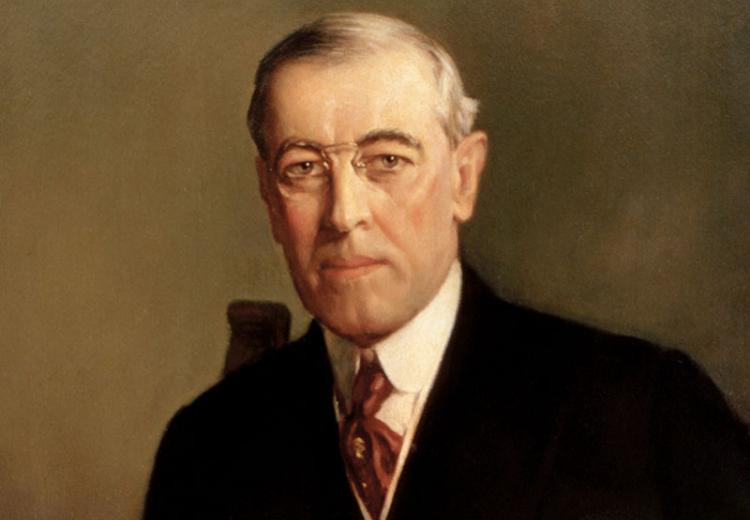The Debate in the United States over the League of Nations

President Woodrow Wilson, 1913.
"Sometimes people call me an idealist. Well, that is the way I know I am an American. ... America is the only idealist nation in the world."
—President Woodrow Wilson
American foreign policy continues to resonate with the issues surrounding the debate over U.S. entry into the League of Nations-collective security versus national sovereignty, idealism versus pragmatism, the responsibilities of powerful nations, the use of force to accomplish idealistic goals, the idea of America. Understanding the debate over the League and the consequences of its ultimate failure provides insight into international affairs in the years since the end of the Great War and beyond.
In this lesson, students read the words and listen to the voices of some central participants in the debate over the League of Nations.
Note: This lesson may be taught either as a stand-alone lesson or as a sequel to the complementary EDSITEment lesson U.S. Entry into World War I: A Documentary Chronology.
Guiding Questions
What was Woodrow Wilson's role in and vision for peace and the League of Nations after World War I?
What were the central issues in the debate in the United States over the League of Nations?
How did the formation of the League of Nations affect international relations?
Learning Objectives
Describe Wilson's concepts for peace and the League of Nations and efforts to foster American support for it.
Discuss the opposition to the League in the Senate.
Evaluate the significance of the League of Nations during the interwar period.
